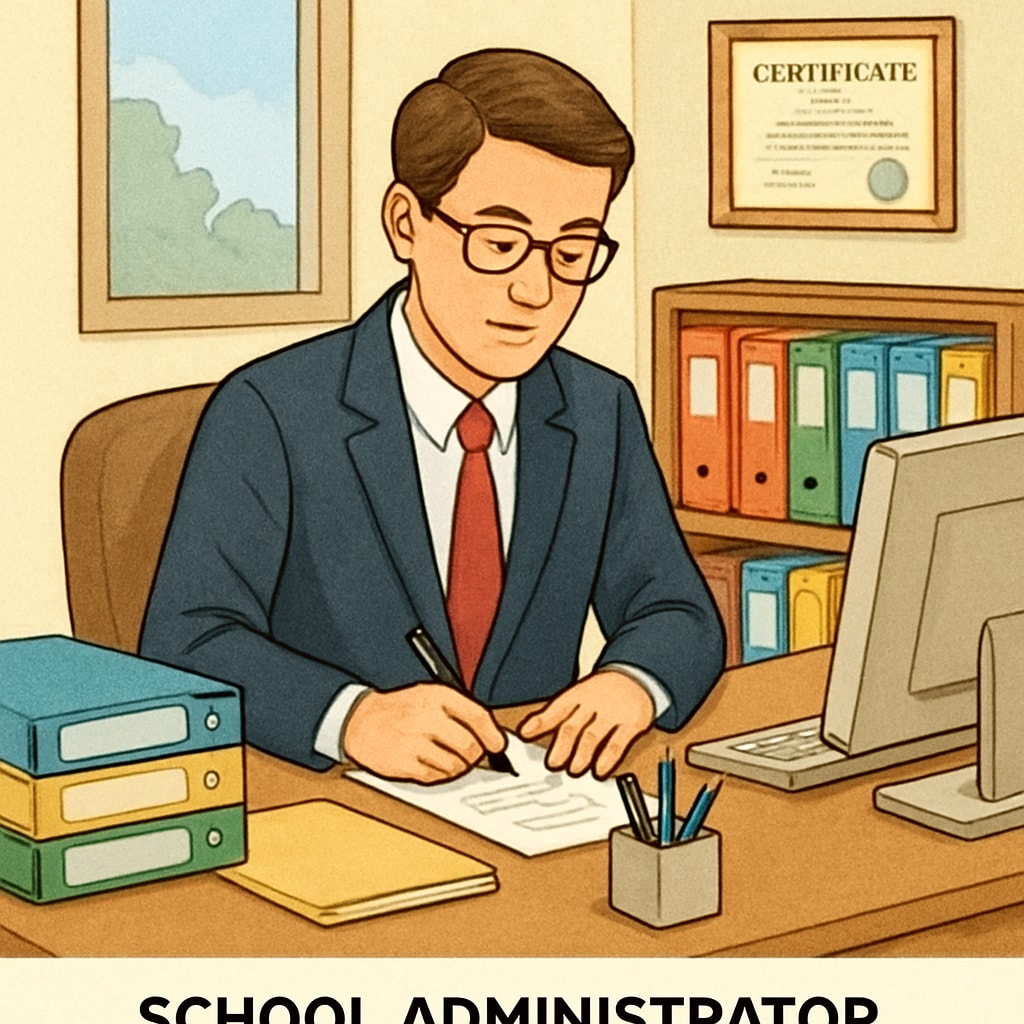When we think about careers in education, teaching often comes to mind first. However, the K12 education system offers a variety of non-teaching roles that are just as impactful. These positions allow individuals to contribute to the educational environment while enjoying the benefits of a school schedule, such as regular holidays and summers off. If you’re passionate about education but prefer not to be in the classroom, these roles might be for you.
Why Choose Non-Teaching Roles in K12 Education?
While teaching is a rewarding career, it comes with challenges like lesson planning, classroom management, and grading. Non-teaching roles, on the other hand, let you work within the education sector without those specific pressures. These positions often allow for a more focused workload, and you still benefit from the structured school calendar. For example, roles in school administration, counseling, or technology support are integral to the smooth operation of schools.

Popular Non-Teaching Careers in K12 Schools
Non-teaching careers in schools span various departments, each offering unique opportunities. Here are some of the most sought-after roles:
- School Counselor: These professionals provide emotional and academic support to students, helping them navigate challenges and plan for their futures.
- School Administrator: Principals, assistant principals, and other administrative staff manage school operations, ensuring policies are followed and goals are met.
- IT Specialist: With the increasing role of technology in education, IT professionals are essential for maintaining systems and supporting digital learning tools.
- Librarian: School librarians help students and teachers access resources, promoting literacy and research skills.
- Facilities Manager: These individuals ensure the school environment is safe, clean, and functional for students and staff.
Each of these positions supports the mission of education in its way, ensuring that schools run efficiently and students have the resources they need to succeed.
Skills Needed for Non-Teaching Roles
While non-teaching roles don’t require a teaching degree, they often demand specific skills and qualifications. For example:
- Communication skills: Essential for roles like counseling and administration, where interacting with multiple stakeholders is common.
- Technical expertise: Necessary for IT specialists and other tech-based roles.
- Organizational skills: Critical for administrators and operations managers who handle logistics and planning.
- Empathy and problem-solving: Particularly important for counselors and student support staff.
In addition to these skills, a passion for working in an educational environment is key to thriving in any non-teaching role.

How to Transition into a Non-Teaching Role
Shifting into a non-teaching career in education can be straightforward if you take the right steps:
- Identify your strengths: Consider the skills you’ve developed in previous roles, even if they’re outside education.
- Research roles: Look into the qualifications required for various positions. Many roles value transferable skills over direct experience.
- Gain relevant experience: Volunteering at schools or completing certifications can make you a stronger candidate.
- Network: Connect with education professionals through events or platforms like LinkedIn to learn about opportunities.
Making this transition allows you to leverage your talents in a field that aligns with your values and interests.
Conclusion: The Value of Non-Teaching Careers in Education
Non-teaching roles in K12 education offer diverse opportunities for individuals passionate about making a difference in schools. These careers allow you to contribute meaningfully without the pressures of teaching, all while benefiting from a school-based schedule. Whether you’re drawn to administration, counseling, or technical support, there’s a place for you in the education system. Explore your options and take the first step toward a fulfilling career beyond the classroom.
Learn more about the education system on Britannica or visit the Wikipedia page on Education for further insights.


